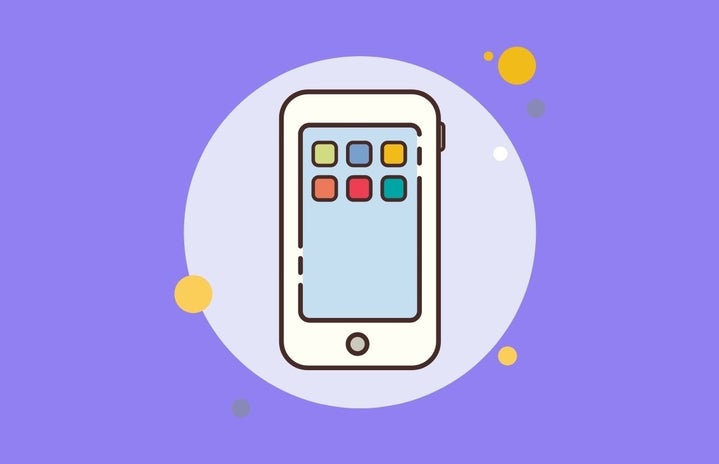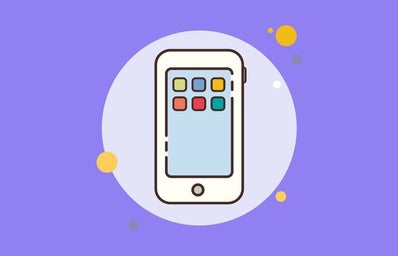Being in my fourth semester of university, I have finally solidified what the most effective apps are to make studying less draining, and more fun. While these methods work for me, that is not to say that they will work for each and every person reading this, but my hope is that even just one suggestion on my list may help you achieve success this semester. Here are seven apps I recommend using to become an academic weapon in 2024:
- Notion
Notion is the holy grail for all things organization and planning. I have used it since high school, and have never missed a deadline because of it. While I primarily use Notion to keep track of exam dates and assignments, it also serves as a hub for my class schedule and weekly to-do list. It is completely customizable, and there are a variety of templates and functions to utilize. The only downside of Notion is that it can sometimes be overwhelming if you are trying it out for the first time, but there are an abundance of tutorials for beginners and it is truly an app that I could not live without!
- Anki
Anki is a desktop and mobile app for flashcards that uses cognitive science for memorization. Its active recall and spaced repetition techniques allow you to retain information for long periods of time, memorize, and understand concepts much quicker. Anki allows you to create personalized flashcards, and its self assessment options– hard, good and easy- streamline the learning process. Sometimes it may be time consuming making flashcards, but Anki has a wide variety of students from different backgrounds using it, so you can always upload a pre-made deck to save you the time of making your own. While I primarily use Anki for biology and psychology courses, it can truly be used for any course and extends beyond school for any memorization-heavy tasks.
- Notability
Notability is my go-to app for all things notetaking. Whether it be uploading my lecture slides, making a mind-map, content summary, or highlighting papers for class, this app has it all. Notability is great for organization as well. You can add subjects or dividers for each course and then add subjects or dividers for each of the courses added to separate lecture slides, syllabi, textbooks and class notes. Notability also has pre-made templates created by people all over the world, and you can also create your own templates and upload them to the gallery. I also love this app as there are so many different writing tools available to use, and so many ways to customize your notes. There is also a voice recording feature, image uploading, fun stickers, as well as a feature to change your notes from light mode to dark.
- Study Bunny
Study Bunny is a focusing app that helps you spend more time studying, and less time scrolling through your phone without a purpose. This app lets you make to do lists, as well as schedule study sessions and breaks. To keep you motivated to study, you get to name and take care of your pet bunny, and to keep its health up you need to do study sessions and check things off of your to-do list. It has held me accountable compared to other study apps that don’t require you to use it everyday. There is a countdown and stopwatch option, and it keeps track of how much you study throughout the day, each week, and each month. You can also acquire coins by studying to buy more pets, accessories and decor.
- Quizlet
Quizlet is another great app for active recall and helpful for both midterm and final season. Quizlet has flashcards, quizzes and games for just about any problems or topics you may be struggling with or want to review. You can also use pre-made study decks made by other students, rather than taking the time to make your own. When you run out of problems in your textbook, Quizlet has an abundance of extra review sets and step-by-step solutions available to you. It also allows you to make folders to separate different subjects, upload your notes to be summarized, as well as search for your specific textbook to get curated solutions in under a minute. Quizlet is also free to use, and there is a premium version available with a few added features such as customized flashcards and custom tests and quizzes.
- Youtube
While most people have Youtube for entertainment purposes, some people underestimate how accessible it is as a study method. Whether you are studying Anatomy & Physiology, Business or even Spanish, there are videos for you out there and can help you to understand material in a different way than your professor may have taught you. I personally use Youtube before lectures to generate some understanding before my professor has taught the concept and material, and I also use it after lectures if I want to deepen my understanding of a topic, or get a second perspective. My top science-related Youtube channels include The Organic Chemistry Tutor, Crash Course, Amoeba Sisters, Professor Dave Explains, Khan Academy, Melissa Maribel and Chemist Nate.
- Exam countdown
The title of this app speaks for itself. It is a countdown app that allows you to visualize how many days are left before your exam, which can be beneficial if you are trying to create a midterm or final study plan, but are unsure just how many days you have to go over concepts and lectures. You can also colour code each course and not only does it tell you the number of days until your exam, but it also counts down the number of hours, minutes, and seconds if you’re really studying down to the wire.


